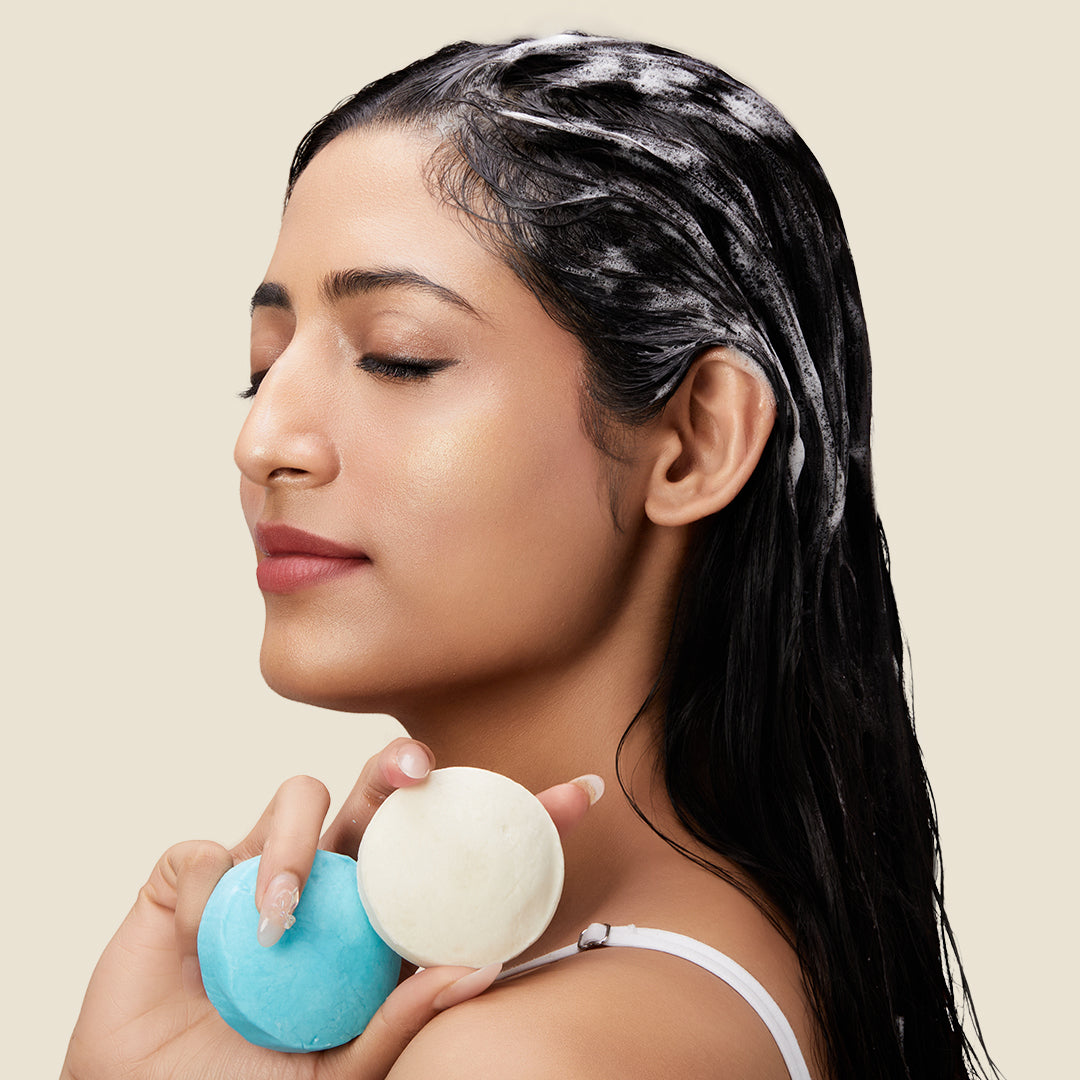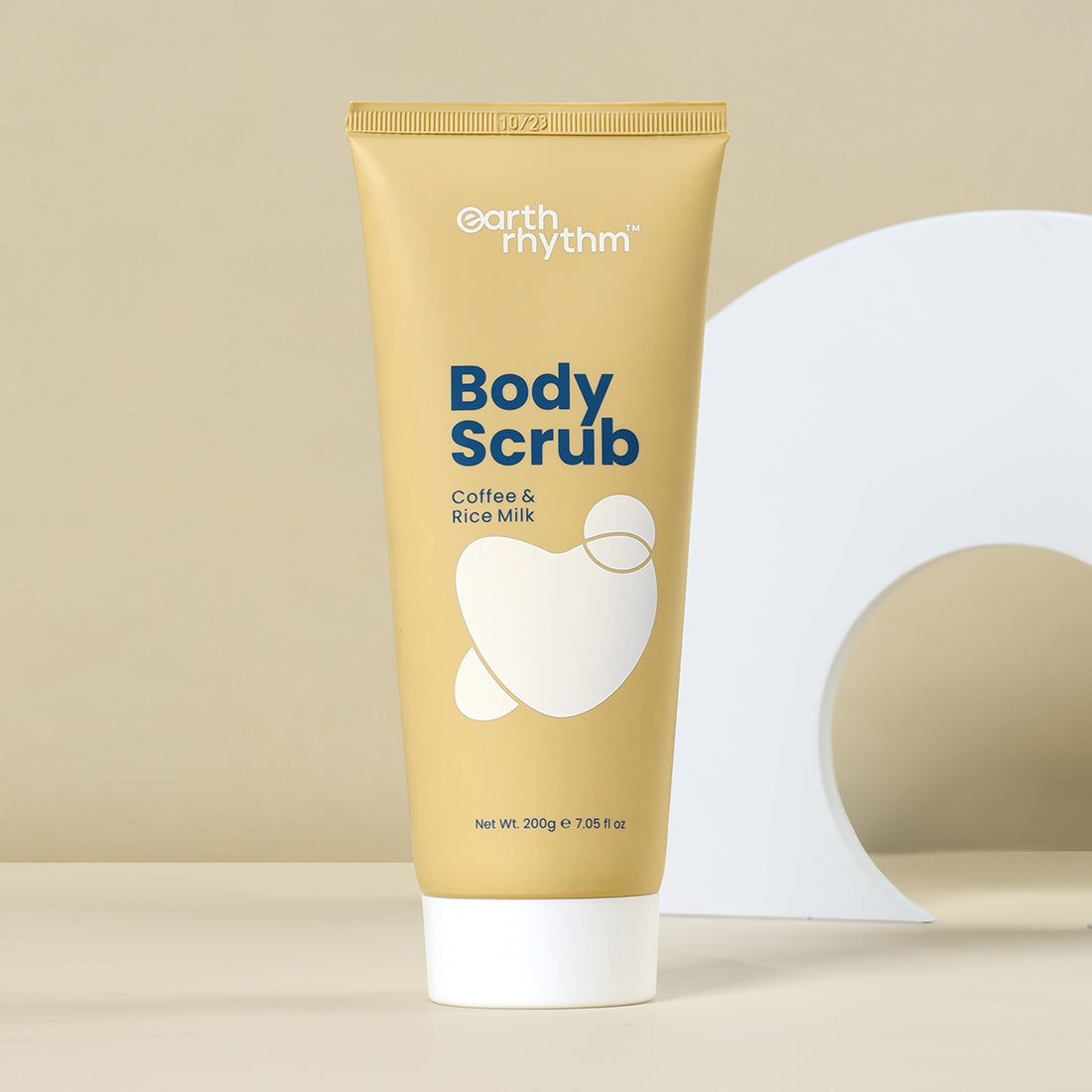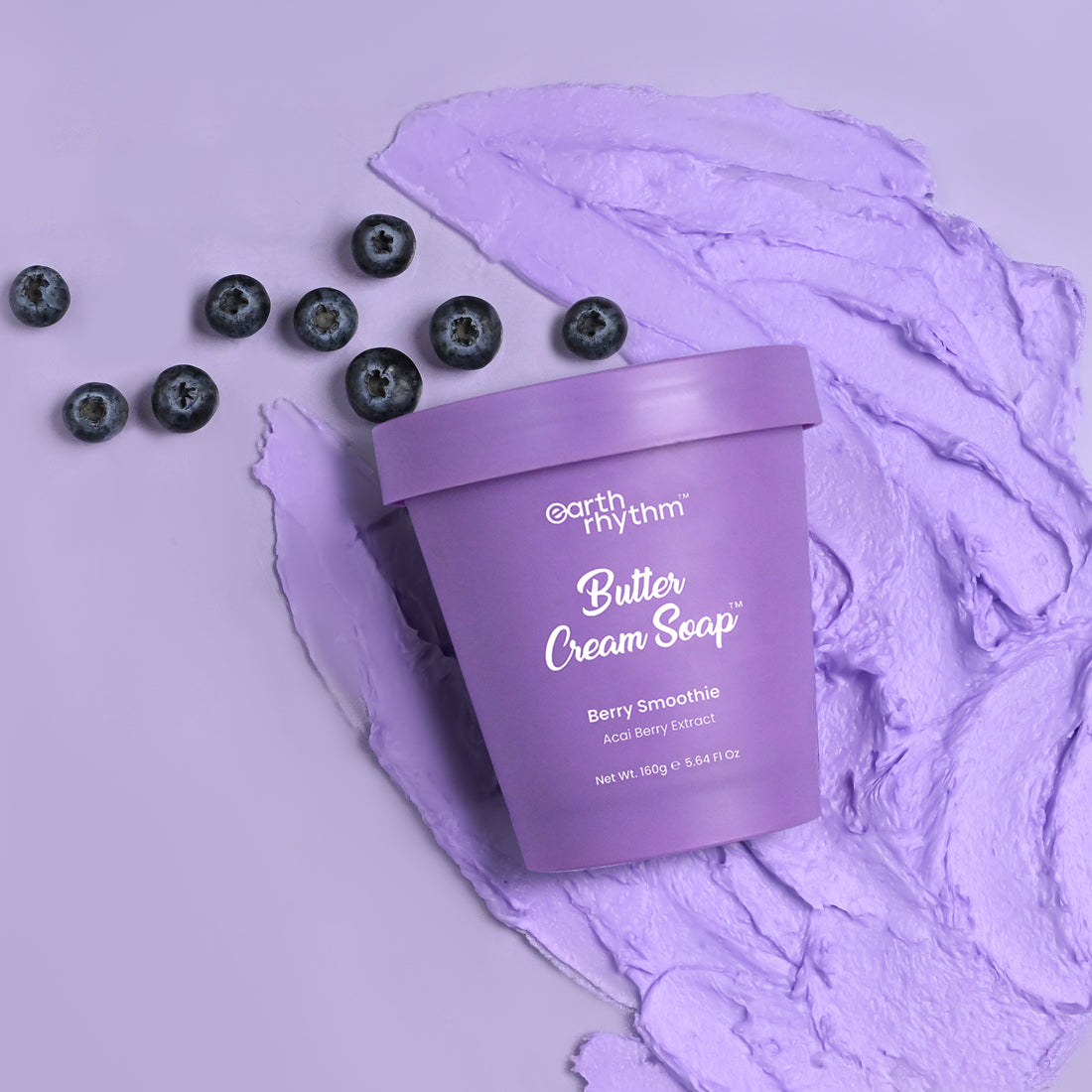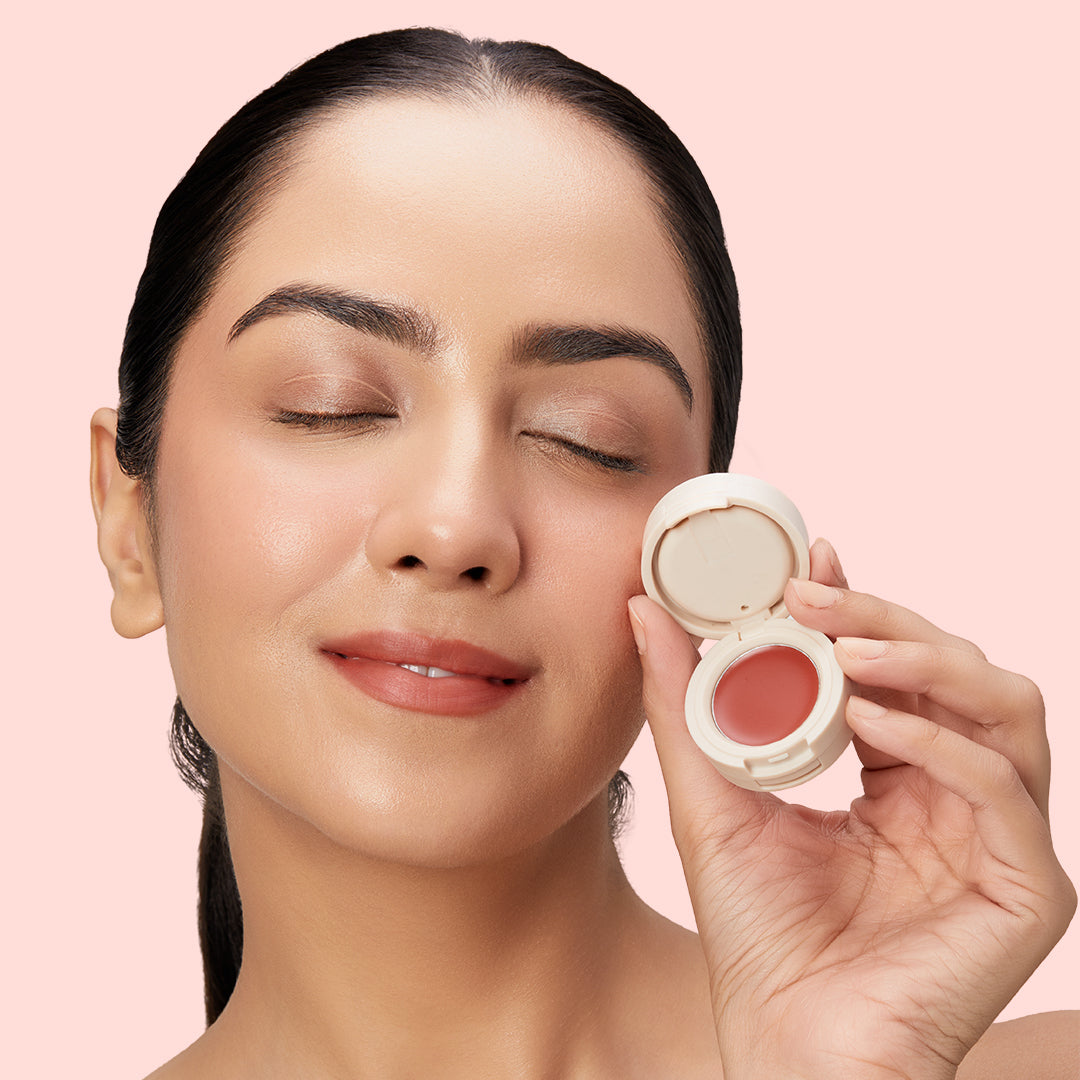Face Cream & Moisturizers For Dry Skin
More Information
Face creams and moisturizers are skincare essentials that play a vital role in maintaining skin health and promoting a radiant complexion. While the terms are often used interchangeably, they serve distinct purposes in skincare routines. In this exploration, we will uncover the differences between face creams and moisturizers, their benefits, and why they are indispensable components of a comprehensive skincare regimen.
Face Creams:
Face creams are emollient-rich formulations designed to provide a thicker and more substantial barrier on the skin. These creams typically contain a higher concentration of hydrating ingredients, such as oils and butters, making them ideal for individuals with dry or mature skin. The thick consistency of face creams helps lock in moisture, prevent water loss, and create a protective layer on the skin's surface.
Key Components of Face Creams:
- Occlusive Agents: Face creams often incorporate occlusive agents like shea butter, cocoa butter, or beeswax. These ingredients form a physical barrier that helps retain moisture by preventing water evaporation from the skin.
- Rich Oils: Essential oils, such as jojoba oil, avocado oil, or argan oil, are common in face creams. These oils nourish the skin, providing it with essential fatty acids that contribute to a smoother and more supple complexion.
- Anti-Aging Ingredients: Many face creams include anti-aging components like retinol or peptides. These ingredients aim to reduce the appearance of fine lines and wrinkles, promoting a more youthful and revitalized skin texture.
Moisturizers:
Moisturizers, on the other hand, encompass a broader category of products designed to hydrate the skin by increasing its water content. These formulations are suitable for all skin types, including oily and combination skin. Moisturizers are lighter in texture compared to face creams, making them easily absorbed into the skin.
Key Components of Moisturizers:
- Humectants: Moisturizers often feature humectant ingredients like hyaluronic acid and glycerin. These substances attract water molecules to the skin, keeping it hydrated and plump.
- Water-Based Formulas: Unlike the richness of face creams, moisturizers are typically water-based. This makes them suitable for individuals who prefer a lighter feel on their skin or those with oilier skin types.
- Soothing Agents: Many moisturizers include soothing ingredients such as aloe vera or chamomile, making them ideal for individuals with sensitive or easily irritated skin.
Choosing the Right Product for Your Skin:
Selecting between a face cream and a moisturizer depends on individual skin needs. Those with dry or mature skin may benefit from the nourishing properties of a face cream, while individuals with oily or combination skin might find a lighter moisturizer more suitable.
Conclusion:
Face creams and moisturizers are integral components of a skincare routine, each offering unique benefits to address diverse skin needs. Incorporating these products into daily rituals can contribute to improved skin hydration, texture, and overall health. Understanding the distinctions between face creams and moisturizers empowers individuals to make informed choices that align with their skin type and desired skincare goals. Regardless of your skin's unique characteristics, the use of these skincare wonders can unlock a path to a radiant and well-nourished complexion.





